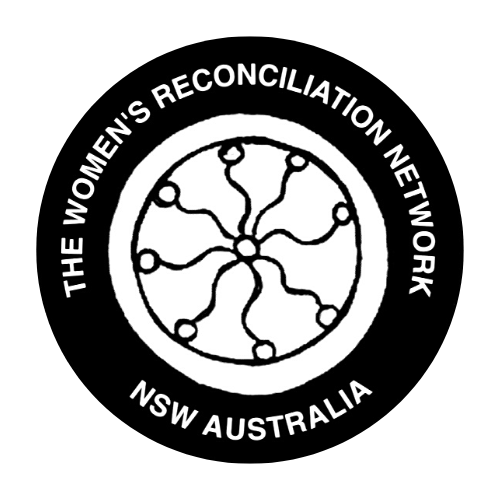What led you to become involved with WRN?
It was the mid-1990s and I was working alongside John and Elaine Telford; we shared the role of ‘Australians For Reconciliation Coordinator’ for NSW and our work was designed to build a ‘people’s movement’ for reconciliation. In other words, to inspire Australians within our region to consider the meaning of reconciliation, and how to bring it to life in a manner that would change the relationship between Indigenous Australians and the wider community and change the circumstances and lives on Indigenous peoples. This was the start of what would become thousands of grass-roots community meetings and activities. Elaine Telford inspired the idea of a women’s group and I happily participated in this, in my Coordinator role. However, it wasn’t long before the women asked if I would Chair the group and I accepted with some trepidation. I don’t think I’d chaired anything but small focus groups until then, and this group was not simply large but filled with big personalities. But their warm, generosity and enthusiasm for social justice kept me engaged and empowered to deliver.
In your view, what are the biggest challenges Australia is still facing in regard to reconciliation?
There are few workshops that I’m involved in today that don’t have a resemblance to those early reconciliation workshops. It troubles me that we’re challenged by the same things and in some cases, can show little progress.
At the heart of our challenge is racism. That is, the poor relationships between Indigenous peoples and the wider community based on race and cultural difference, and the cause and effect of institutional and systemic racism.
What are your aspirations for Australia’s future
My hope for the future is that we find the courage – and the resilience – to have the difficult conversations. It takes strength, conviction and a collective maturity to talk about things such as racism, relationships, rights and justice. We need to turn up, own up and begin the dialogue.
